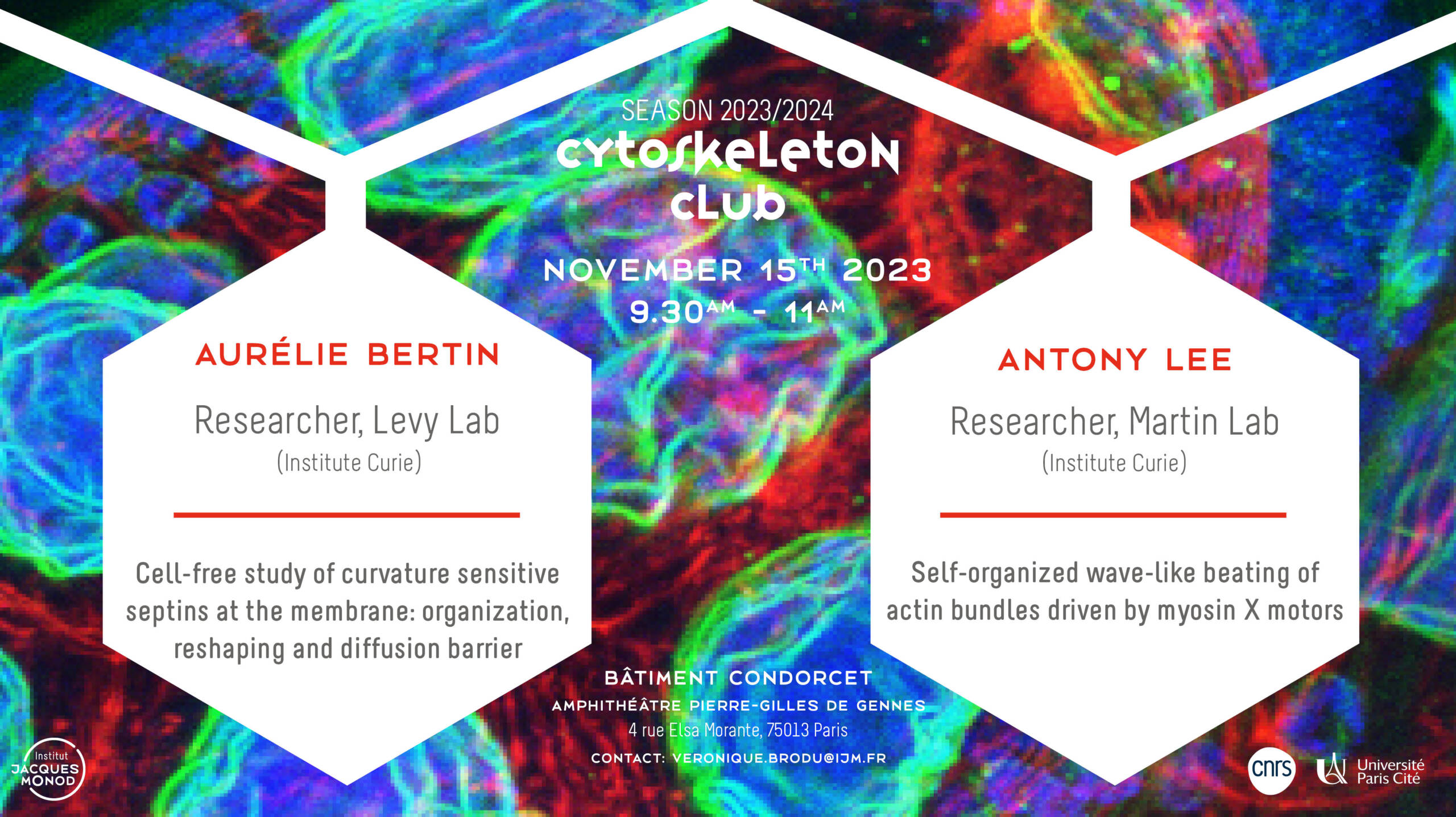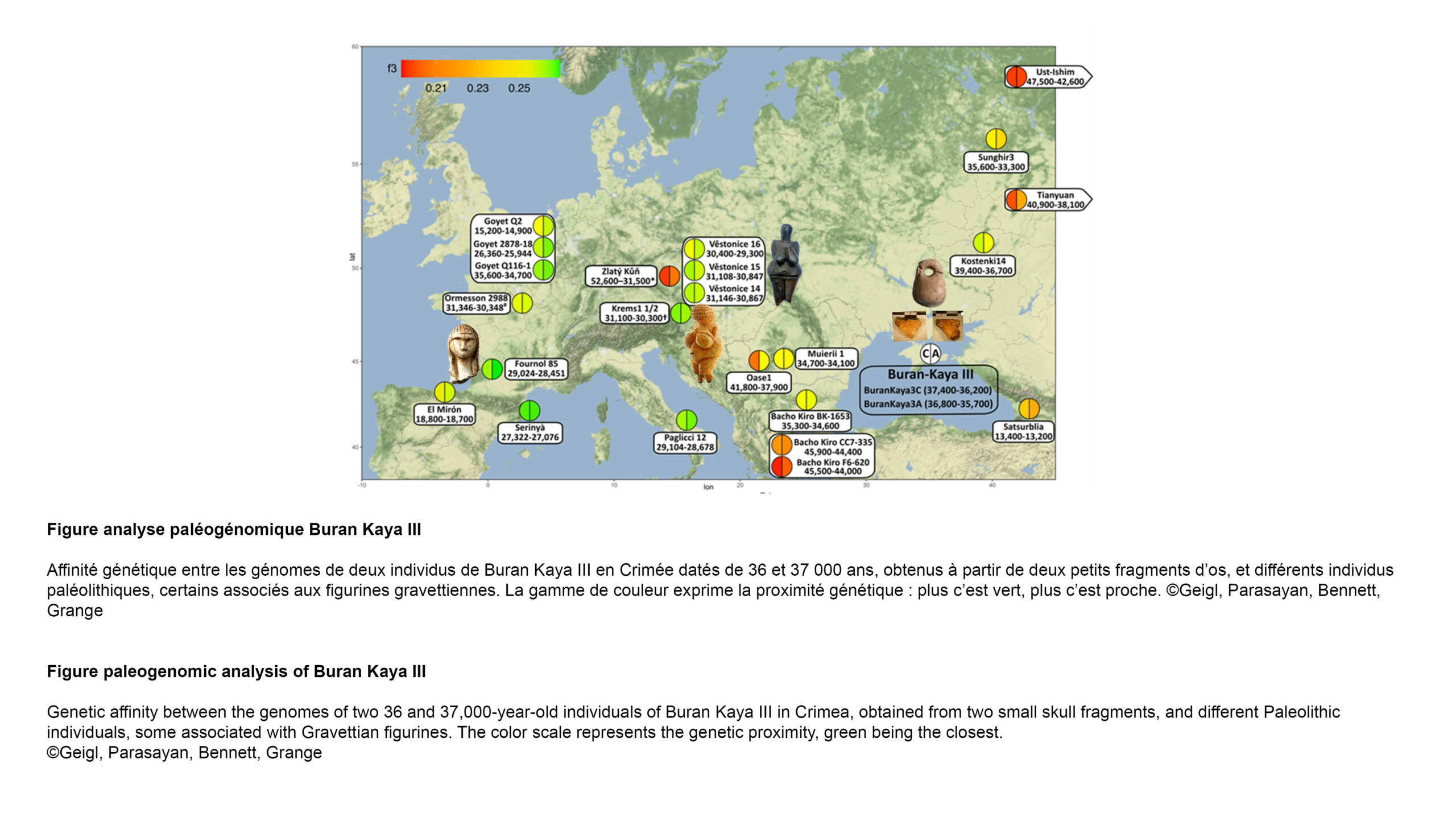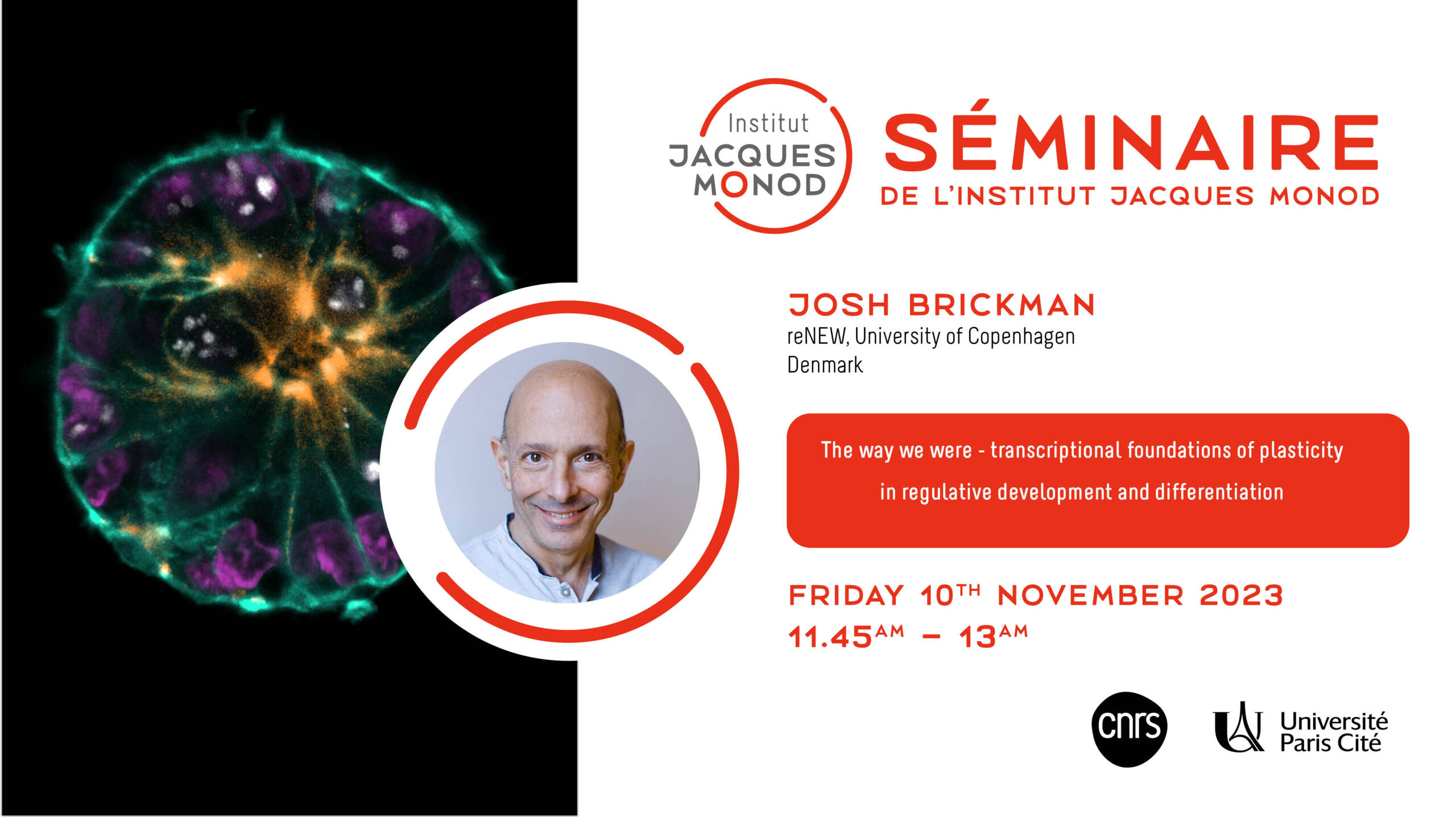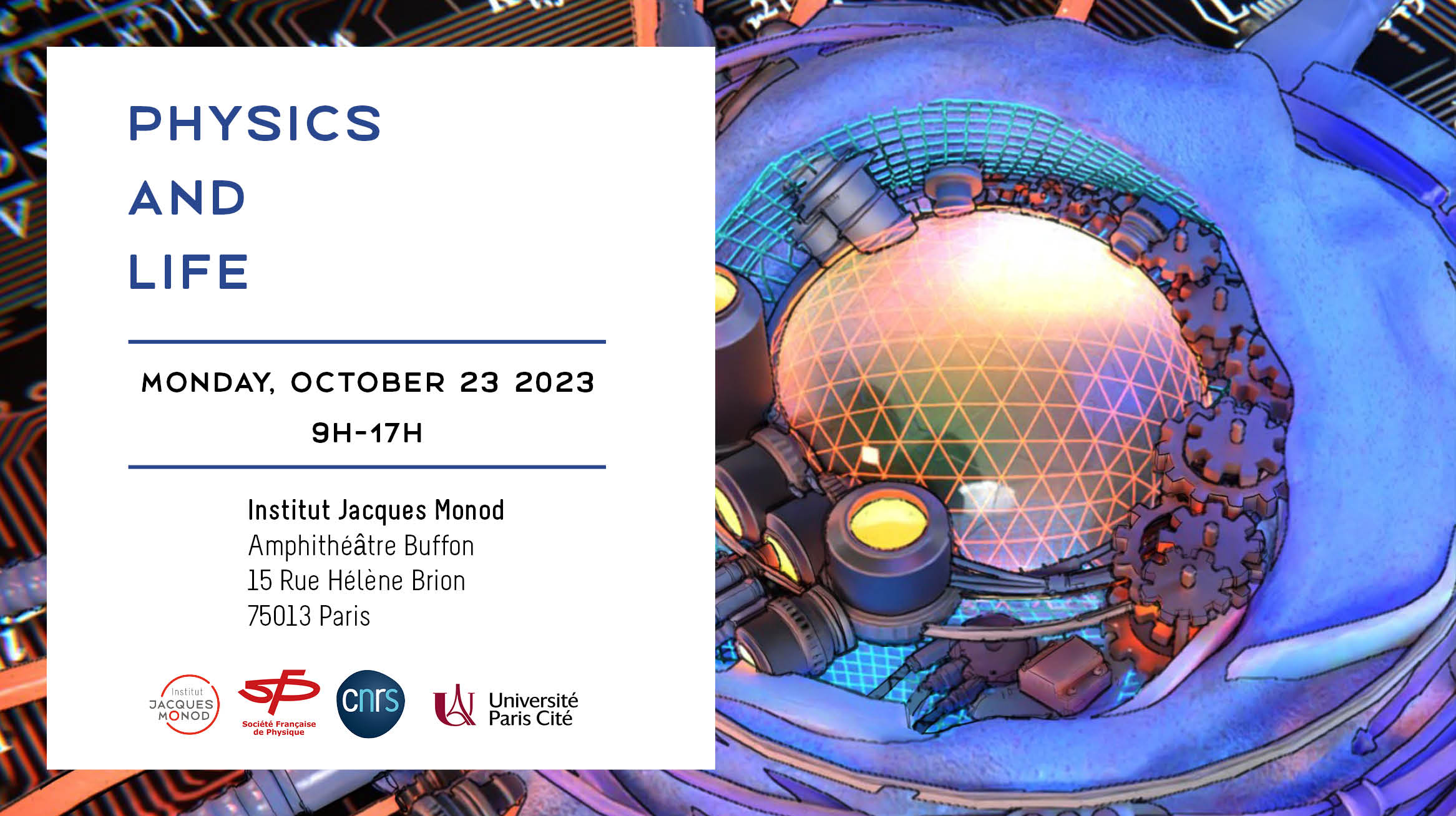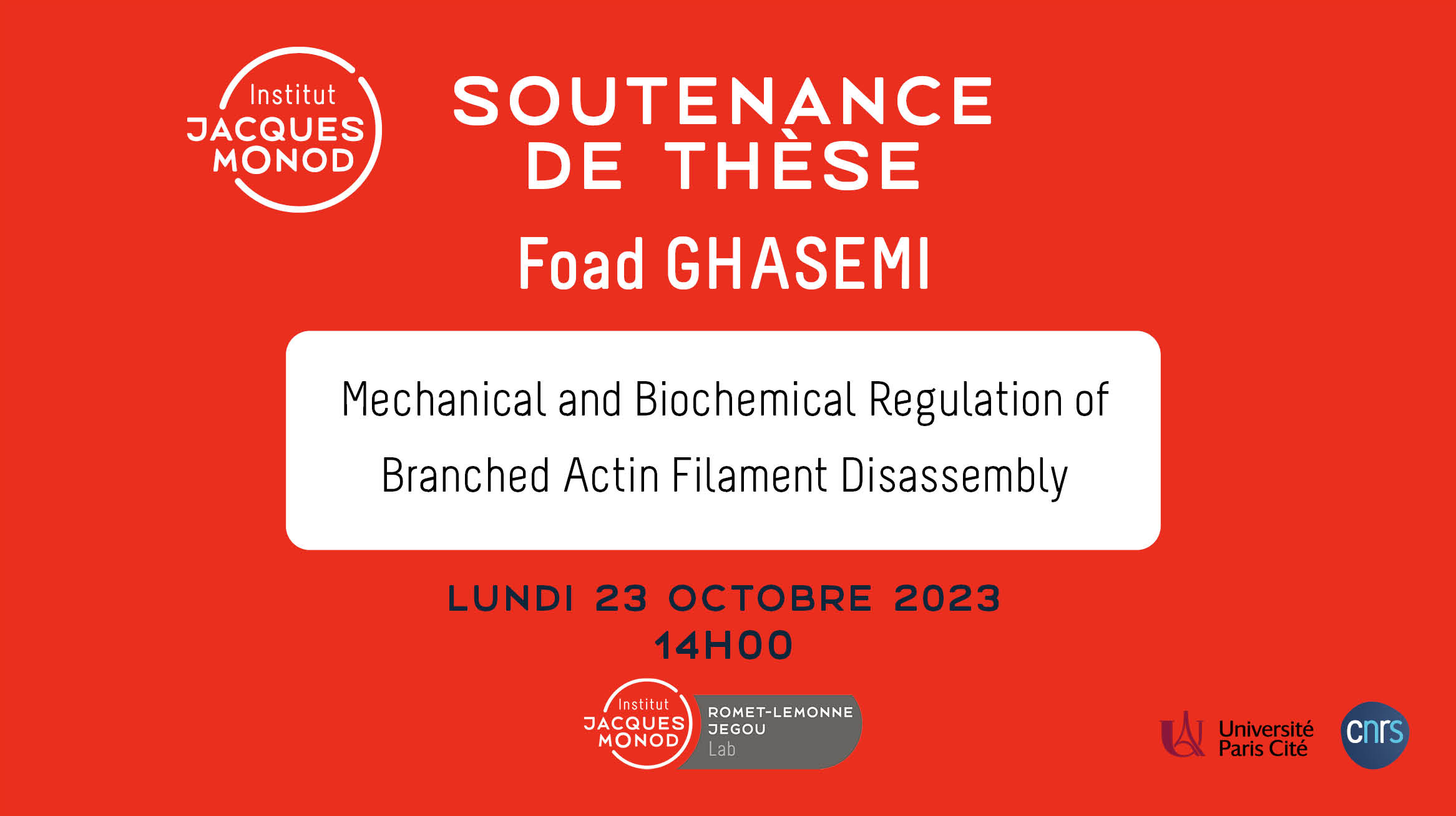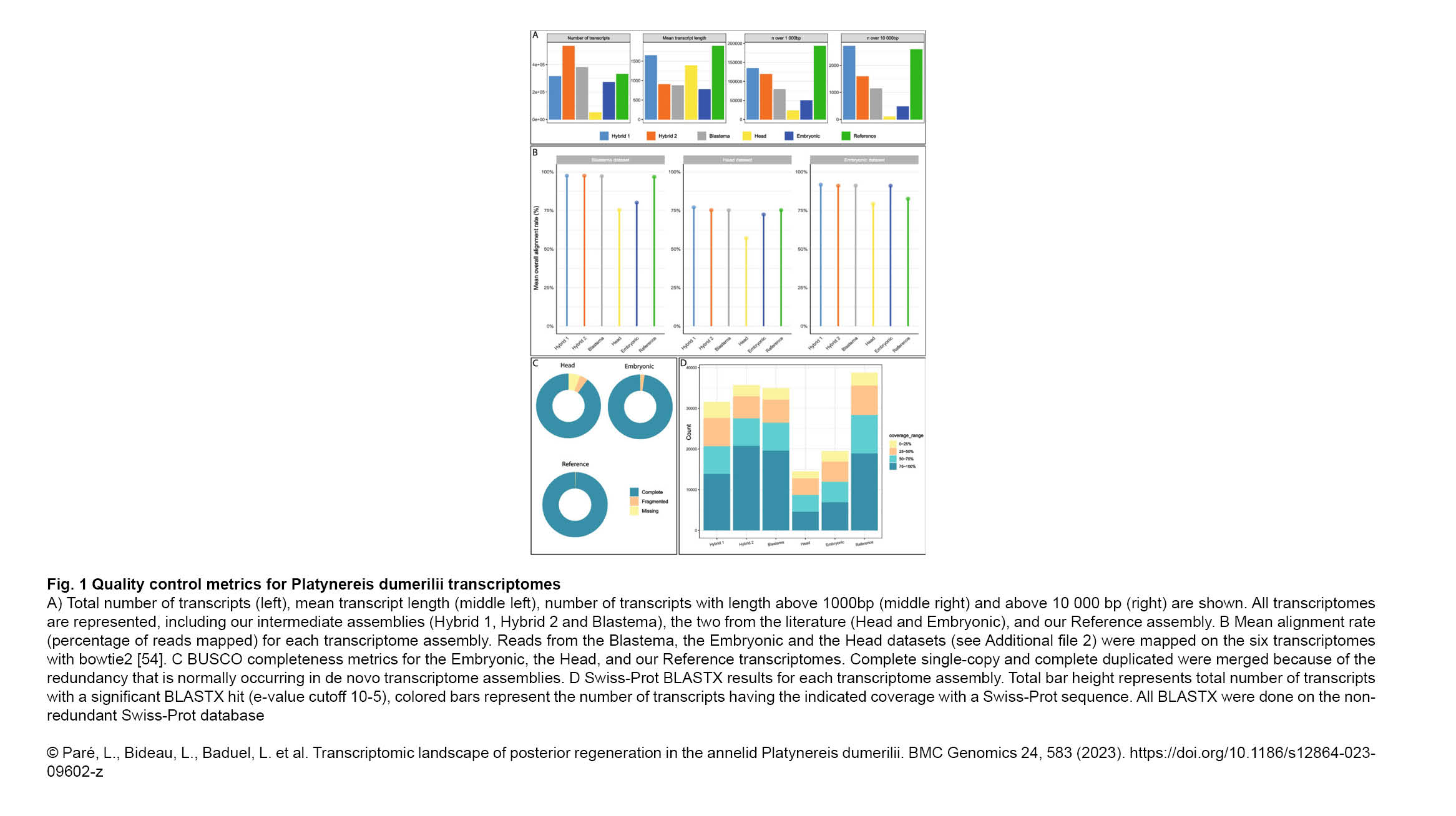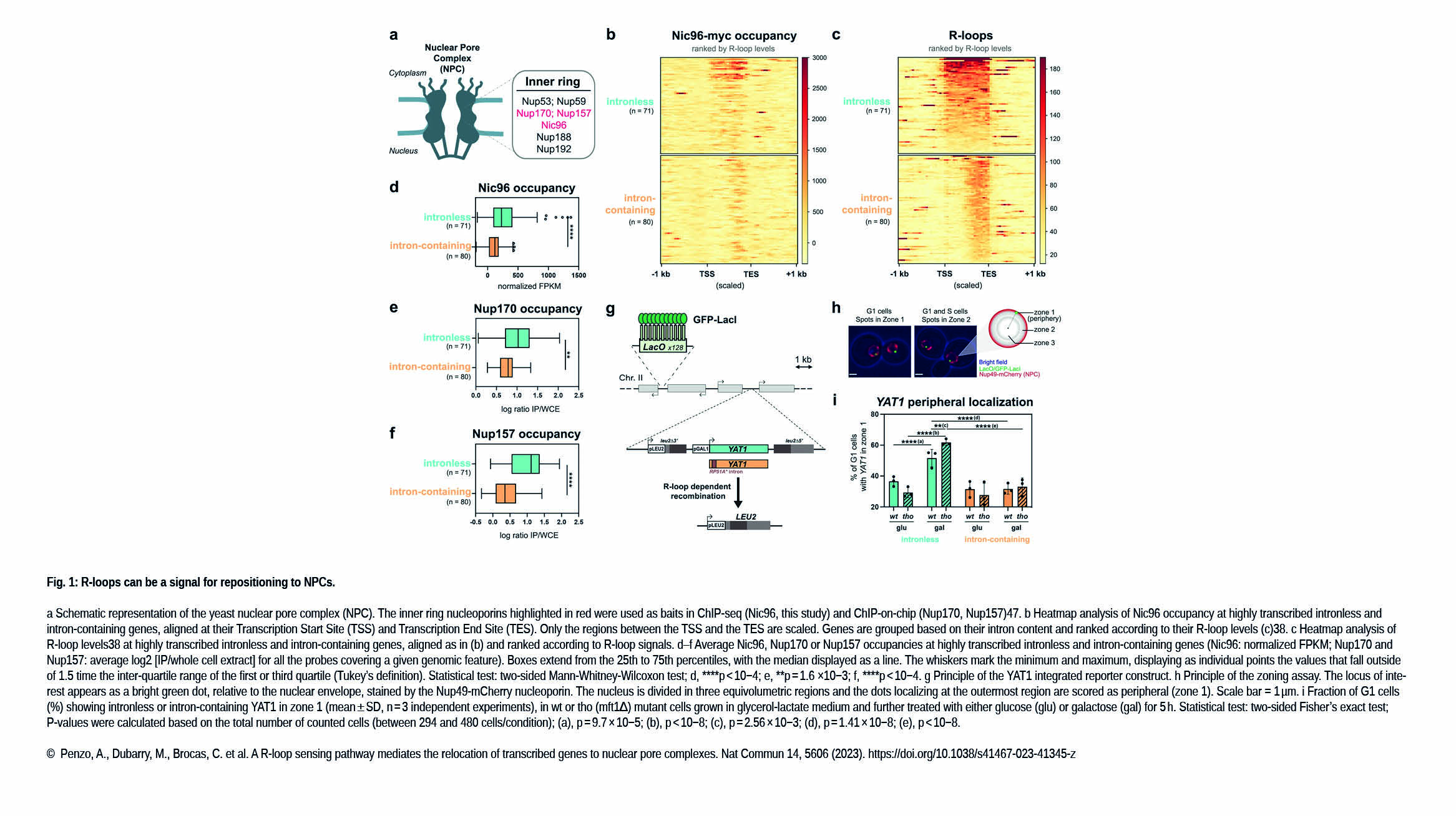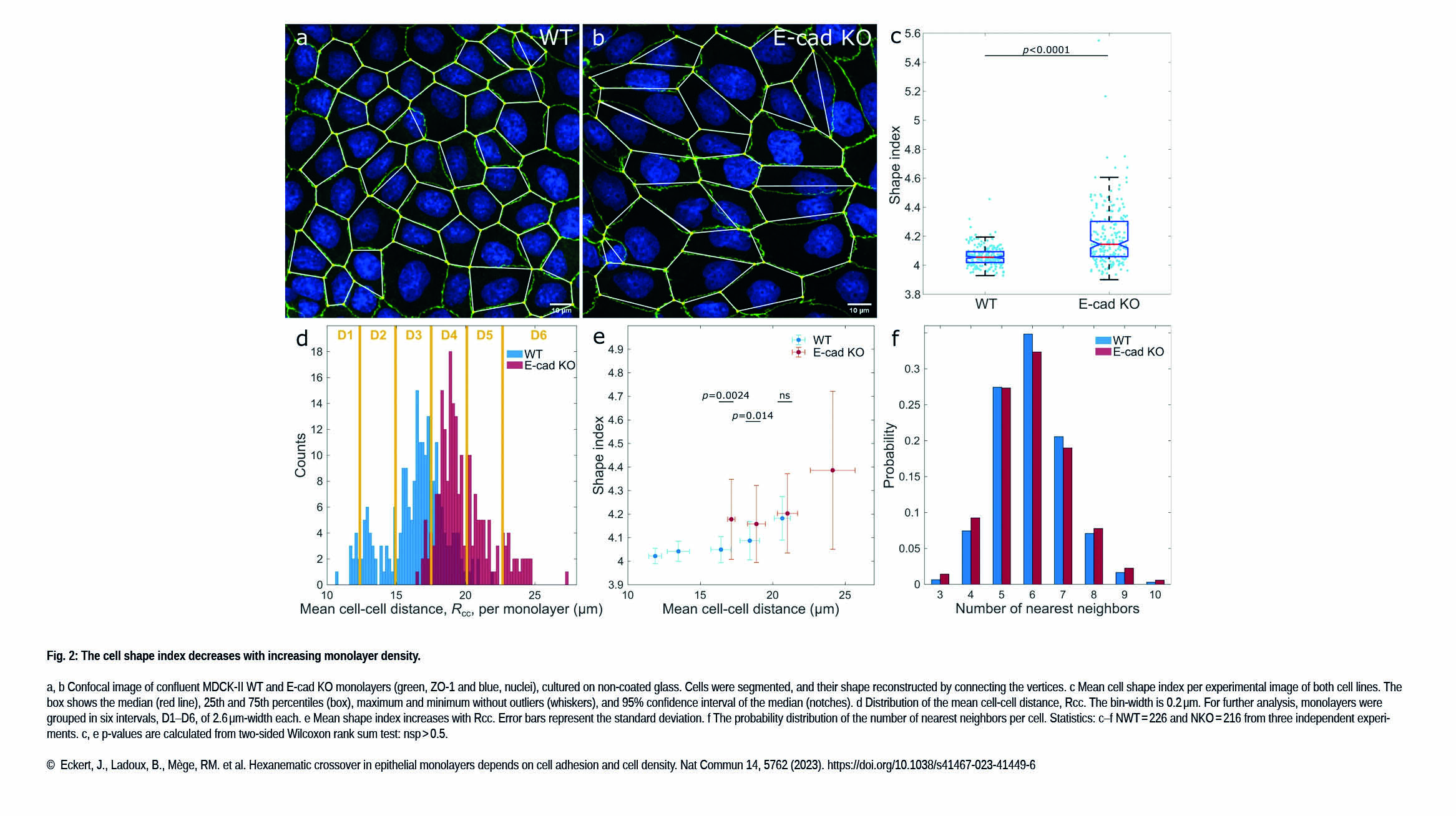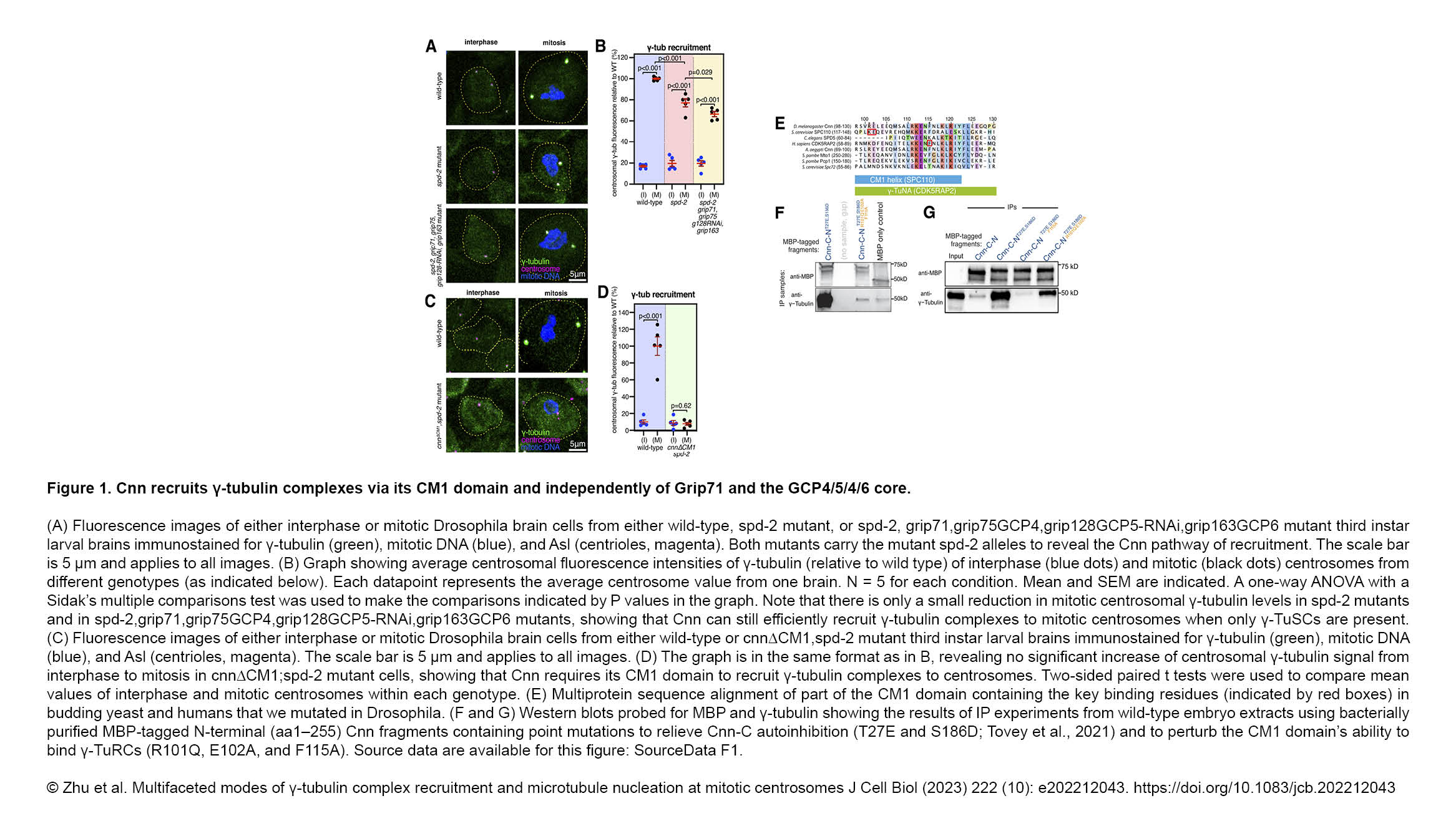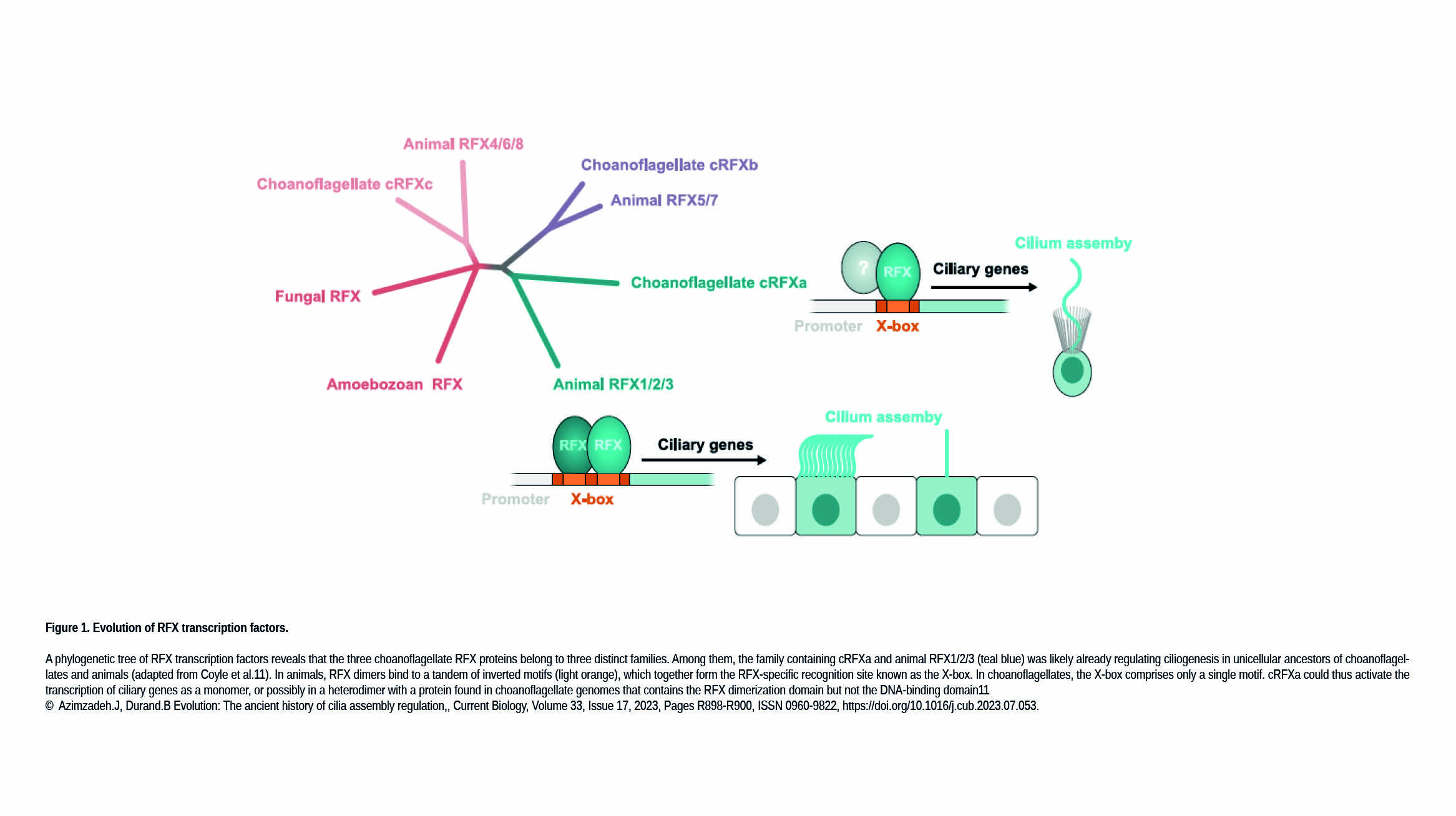La prochaine réunion du Cytoskeleton club aura lieu mercredi 15 novembre à 9h30 à l'amphithéâtre Pierre-Gilles de Genne (Bâtiment Condorcet - 4 rue Elsa Morante).
Aurélie Bertin (chercheuse dans l'équipe Levy , Institut Curie) présentera "Cell-free study of curvature sensitive septins at the membrane: organization, reshaping and diffusion barrier"
Antony Lee (chercheur dans l'équipe Martin , Institut Curie) présentera…
